


Quote: Originally posted by epokhe  |
Quote: Originally posted by epokhe  |
Quote: Originally posted by Faladel  |

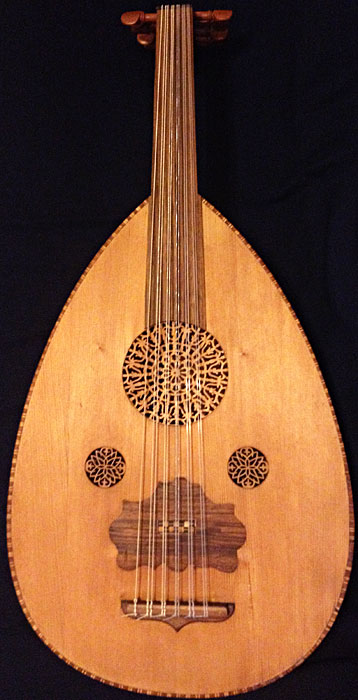
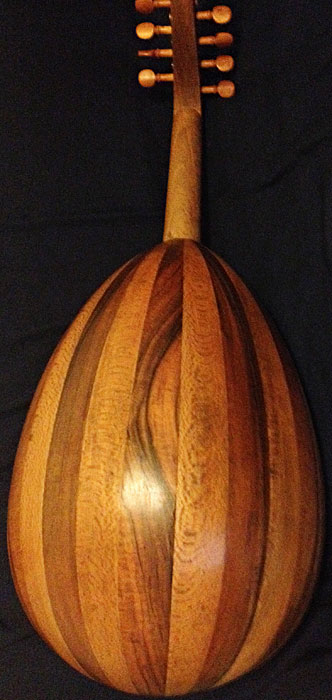
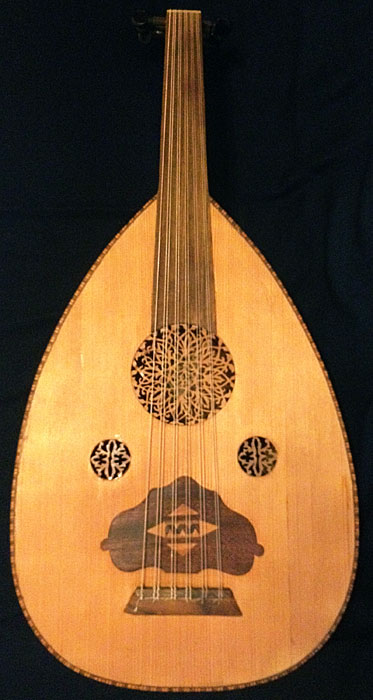
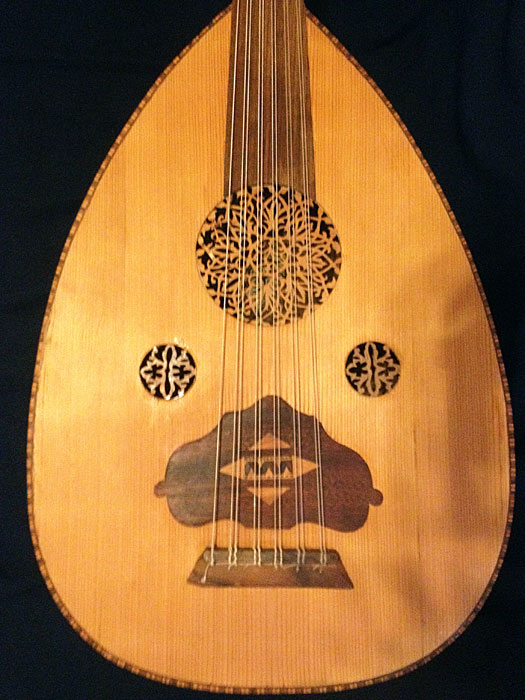
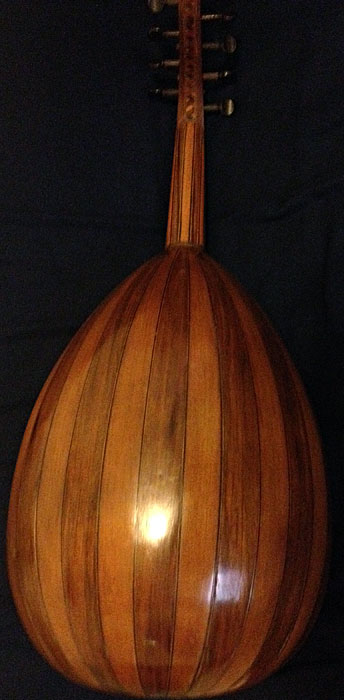
 )
)Quote: Originally posted by Brian Prunka  |
Quote: Originally posted by SamirCanada  |
Quote: Originally posted by Doc139  |
Quote: Originally posted by Brian Prunka  |
Quote: Originally posted by jdowning  |
